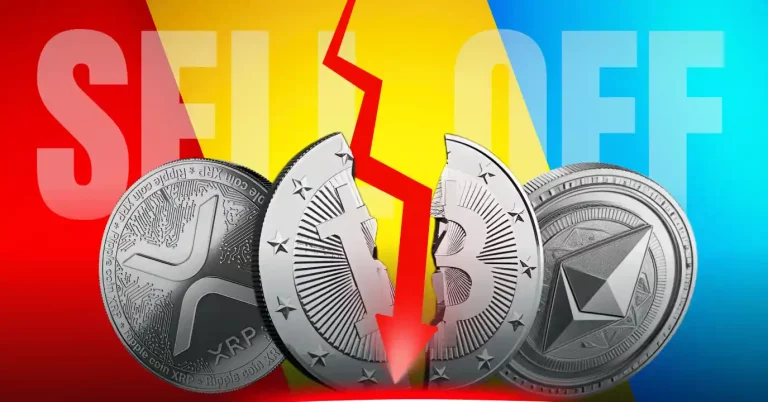Why Does Your Money Seem to Buy Less Every Year?
It’s a question many of us ask when our wallets seem to empty faster than ever: why does money lose its purchasing power over time? From buying a full dinner and movie night with $100 to barely covering a meal today, the truth lies in the built-in feature of modern monetary systems – inflation.
The History of Currency Devaluation
The story starts in 1944 with the Bretton Woods Agreement, which tied the US dollar to gold at $35 an ounce, creating a stable foundation. However, things shifted dramatically in 1971 with what is often referred to as the “Nixon Shock.” At that moment, the US dollar—and all other major currencies—transformed into pure fiat money, backed solely by government trust rather than tangible commodities like gold.
Since then, inflation and the decline in purchasing power have been a steady trend. For example, a single dollar in 1971 carries the equivalent purchasing power of more than seven dollars today. This decline doesn’t happen by accident. It’s a systemic feature, driven by central bank money printing, rising wages, energy costs, and supply chain issues.
Why Inflation is Both Intentional and “Healthy”
Inflation at around 2%, according to central banks, is considered “healthy” for economic growth. But in reality, this means a gradual erosion of your money’s value over time. While inflation helps reduce debt burdens, it leaves savers wondering how to protect their wealth in an economic system where fiat currencies continually devalue.
How to Protect Your Wealth Against Inflation
So, what can you do? Some experts suggest diversifying into assets like gold or Bitcoin (BTC), as these are scarce resources compared to the limitless supply of printed dollars or other fiat currencies. For instance, gold has been a classic store of value throughout history, while Bitcoin is often touted as the ‘digital gold’ for the modern era of investing. Both offer potential ways to hedge against inflation.
If you’re considering Bitcoin, platforms such as Blockchain.com offer secure trading opportunities for beginners and experienced investors alike. For gold, the APMEX store provides a variety of investment-grade physical gold options to suit any budget.
Why Flexibility in the Monetary System Matters
While investing in gold or Bitcoin might seem like a solution, critics warn that overly rigid monetary systems could lead to economic collapse, particularly in highly debt-driven countries. Flexible money supplies allow central banks to counter crises and stimulate growth—but at a cost to your savings.
Learn More about Inflation’s Hidden Costs
For a deeper dive into understanding inflation, the risks of runaway price increases, and strategies for wealth protection, check out the latest video from Cointelegraph on their YouTube channel. Educating yourself on financial systems and inflationary trends is the first step to securing your financial future.
Stay informed and take action to preserve your purchasing power—because understanding the system is the key to thriving within it.





